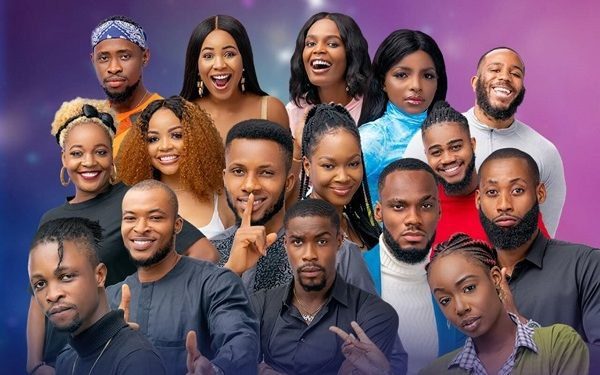Big Brother is inspired from George Orwell’s Nineteen Eighty Four with its theme of continuous oppressive surveillance. The first version of the show was broadcast in Veronica in the Netherlands in 1999.
The format has become an international TV franchise. While each country or region has its own variation, the common themes is that the contestants (housemates), are confined to the house and have their every action recorded by cameras and microphones and that no contact with the outer world is permitted.
The Nigerian version of the show, so far has five seasons-the first airing from March 5, June 4, 2006. Katung Aduwak emerged winner of that season. The second season of the show premiered 11 years after the first season on January 22, 2017 with Efe Ejeba as winner.
The third Big Brother season premiered on January 28, 2018 with Miracle Ishokwe as winner. The second season premiered on June 30, 2019 and unlike the previous episodes, the show was set in Lagos with an initial 21 housemates and another five a month later. Mercy Eke AKA Lamborghini was crowned winner. The fifth edition obviously premiered on July 19, with 20 housemates. Olamilekan “Laycon” Agbeleshe won the show with an improved ground prize of N85 million.
Basically housemates are sustained by the votes of the viewers who either vote via SMS, desktop website, big brother mobile site or the DSTV or GOTV apps. While voting by SMS costs N30, votes via the mobile sites are free but data cost apply.
The followership of the Big Brother show in Nigeria by young people has become worrisome as it tends to take their focus away from nation building initiatives, citizen participation in governance and the important role of citizens holding their governments to account.

Once the show is up, the youth who are obviously frustrated with the government tune in and become totally unaware of what is happening in the politics, economics and governance spaces.
Read Also: Eight Things To Know About BBNaija Winner Laycon
For instance during the season five show, the government of Nigeria increased electricity tariffs by more than a 100 per cent from N30.23 to N62. 33 per kilowatt.
Similarly, the government, again, increased the pump price of petrol to N151 from N148. All of these serious economic decisions meant nothing to an average Nigerian youth who is engrossed in the show and is either an Elite, an Icon or a new tribe depending on who his/her favourite housemate on the show is.
The importance of youth in national development cannot be over-emphasised. Their creative energies, intellect and youthfulness cannot be allowed to go to waste.
We cannot afford not to be involved in policies that directly affect us and potentially have negative implications on our future and the future of our children because of a television show.
To do that will be not being wise. It will mean we are engrossed in passing temporal pleasures to the detriment of the future with vast opportunities.
We cannot afford to be this passionate about a television show and not be at same level, passionate or concerned about our country and its governance.

We must be willing to multi-task our energies for both or be focus on nation building. Our futures are uncertain and it is dangerous to be docile.
Reference
